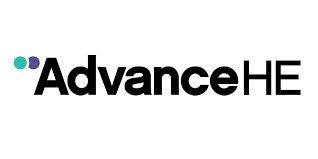Over the past year, Advance HE has been working with sector partners, Universities UK, GuildHE and the Committee of University Chairs (CUC), to further understand the higher education sector’s approach to academic assurance. This has been set against a backdrop of increased regulation and the need to evidence positive student outcomes - whether as B Conditions of Registration in England, or as part of funding requirements and Bicameral Reviews in Scotland and Wales - an increased political interest in higher education and a need to evidence value for money, and the rapidly developing role of AI in HE. As such there is an ever-increasing need for both academic boards and governing bodies to seek assurance of effective academic governance.
The concept of undertaking periodic external effectiveness reviews of the governing body has become the norm and is a key requirement of multiple governance codes including the CUC Code, the Scottish Code of Good HE Governance, and the Independent HE Code of Governance. However, undertaking external reviews of academic governance is a more recent development. Historically the majority of work has been undertaken internally, but an external review can help provide confidence and assurance that academic governance culture and processes are delivering effective outcomes for both internal and external stakeholders.
One of the most common pieces of feedback we’ve heard from the sector is the need to understand and benchmark performance in academic governance in a similar manner to the way governing bodies can. Working with representatives from across the sector we recently developed a new academic governance effectiveness survey that has been piloted with seven institutions, ranging from large research-intensive universities to small independent specialists. The survey asks members of academic boards to rate themselves across key themes to produce a sector benchmark.

